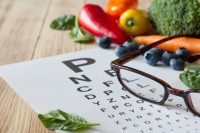
7 Fruits and Vegetables that Contribute to Eye Health
Looking to keep your vision sharp? Discover nutrient-dense vegetables that help protect your eyes from age-related macular degeneration, cataracts, and other vision problems.
fatty acids

Looking to keep your vision sharp? Discover nutrient-dense vegetables that help protect your eyes from age-related macular degeneration, cataracts, and other vision problems.
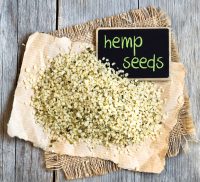
Hemp seeds are crunchy with a nut-like taste, but they also offer a variety of health and nutritional benefits. They’re also available at many mainstream grocery stores and natural food markets. Here’s why you should add them to your diet.

Omega-3 fatty acids, abundant in fatty fish, have anti-inflammatory properties that could help you recover more quickly after a hard workout. Read on and find out other ways omega-3s could enhance your resistance training workouts.

Your muscles use fat as their primary fuel source during low to moderate intensity exercise. That’s the “fat burning” effect of exercise. Fat cells also have other functions that impact your risk for obesity and other health problems. Some research shows regular exercise helps fat cells function more effectively to release stored fat. Find out how fat cells are impacted by physical activity.

Not all dietary fat is created equal, of course. Here’s a look at which fats should remain a part of your regular diet and which need to go.

Of course you need a certain amount of fat in your diet but the type you get matters too. A new study shows the type of dietary fat you consume may influence your body composition as well as your health. Find out what type of fats you need more of and the kind you should limit.
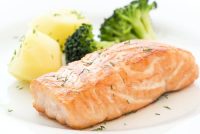
What are essential fatty acids and why do you need them in your diet? Find out more about these “must have” fats, why you need them and the importance of maintaining a healthy balance between the two. Also discover what the best sources of each are.
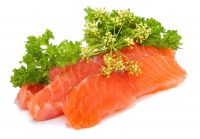
Despite their reputation for causing weight gain, fats serve a useful purpose in the body. Find out why you need dietary fats and why a very low-fat diet can be unhealthy.
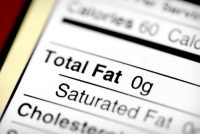
Is a low fat diet a good strategy for weight loss? Foods that are high in fat are usually high in calories, but eating low fat has other disadvantages. Find out what they are.

You’ve probably heard a lot about omega-3 fatty acids, the “good fats” in fatty fish. Now a study sheds new light on their health benefits and how they could affect the aging process. Find out about newly recognized benefits of omega-3s and why your omega-6 to omega-3 ratio is so important for health.
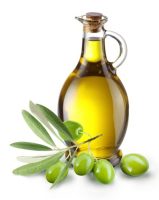
You may have heard of omega-3s and omega-6 fatty acids – but what about the omega-9s? Find out more about this type of fat, why they’re beneficial and the best dietary sources of these “good” fats.

Low-fat isn’t necessarily synonymous with health. You need a certain amount of fat in your diet to supply two essential fatty acids the body can’t make. It’s also important to get the right balance of these fats in your diet. Find out why fat-free isn’t always better and why fat balance is critical to good health.